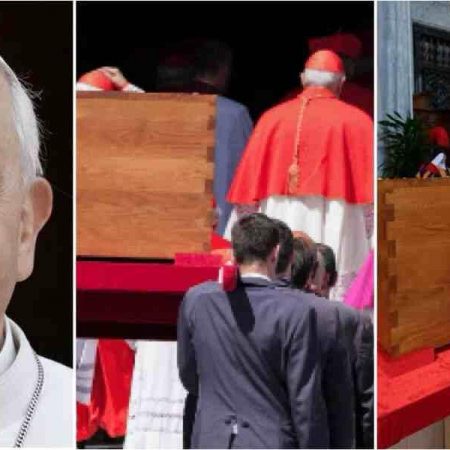In a move marking the end of a historic era, Klaus Schwab, the founder of the World Economic Forum (WEF), has officially resigned as Chairman of the Board of Trustees, effective immediately. The 88-year-old announced during an extraordinary meeting with the WEF Board held on Easter Sunday.
The World Economic Forum confirmed the news in a press release on Monday, stating that Schwab had not offered further details regarding the reason for his abrupt departure.
“Following my recent announcement and as I enter my 88th year, I have decided to step down from the position of Chair and as a member of the Board of Trustees, with immediate effect,” Schwab was quoted as saying.
The Board has since unanimously appointed Peter Brabeck-Letmathe, current Vice Chairman and former CEO of Nestlé, as interim Chairman.
Klaus Schwab established the World Economic Forum in 1971, originally as the European Management Forum. What began as a small gathering of European business leaders in Davos, Switzerland, evolved under his vision into a global institution for public-private collaboration.
For over five decades, Schwab helped shape international economic discussions, inviting heads of state, CEOs, and thought leaders to tackle global challenges ranging from climate change to technological disruption.
His leadership of the WEF made him both a respected architect of global cooperation and a frequent target of criticism, particularly from those skeptical of elite-driven policy agendas. Still, his contributions to facilitating global dialogue are undeniable.
With Peter Brabeck-Letmathe taking over on an interim basis, questions now swirl around the future direction of the WEF. Brabeck, known for his corporate leadership at Nestlé, brings a business-centric perspective to the role at a time when the forum is facing scrutiny over its role in shaping post-pandemic recovery and global governance.
The World Economic Forum is expected to announce a permanent replacement in the coming months, with sources indicating that a new leadership model could be introduced to modernize and decentralize the institution.
Schwab’s exit may signal a shift for the WEF as it navigates a new geopolitical landscape. With rising tensions among global powers, economic instability, and growing calls for accountability from civil society, the organization will need to redefine its relevance under new leadership.
Whether the WEF continues as a top-tier convener of global decision-makers or reinvents itself for a more inclusive future remains to be seen.









No Comment! Be the first one.